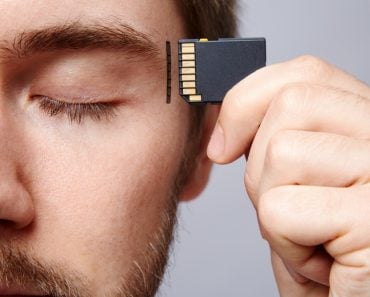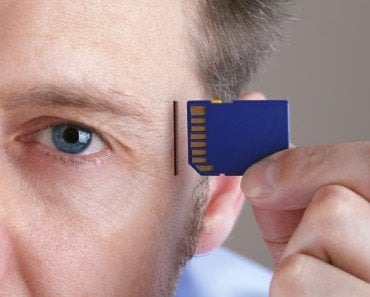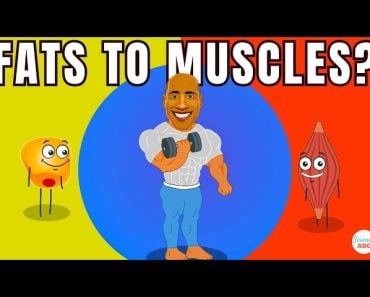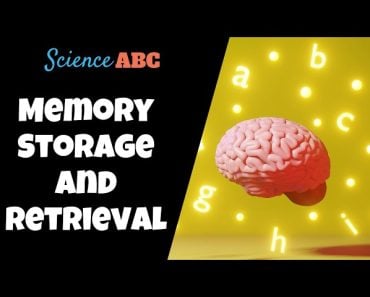Table of Contents (click to expand)
The reason you never forget how to ride a bike is because it is a skill that is stored in your long-term memory. This form of memory doesn’t only develop for tasks that we actively practice. Studies have shown that even by simply seeing the same task being performed, it can trigger the formation of muscle memory. Obviously, the longer you practice or repeat an action, the more firmly it can become embedded in your memory.
Picture this… After 20 years away from home, you find your old bicycle in the basement, old and rusted and forgotten. For old times’ sake, you bring it out, hop on, and pray that you don’t fall off and damage those old bones! Miraculously, you manage to keep your balance as you pedal, slowly at first and then faster as you grow more confident. It’s as though you never stopped cycling!
It’s a common belief that once you learn how to ride a bike, you can never forget how to do it. Even if you haven’t been within a 20-mile radius of a cycle for decades, you still won’t forget the skill. It’s an ability chalked up to muscle memory.
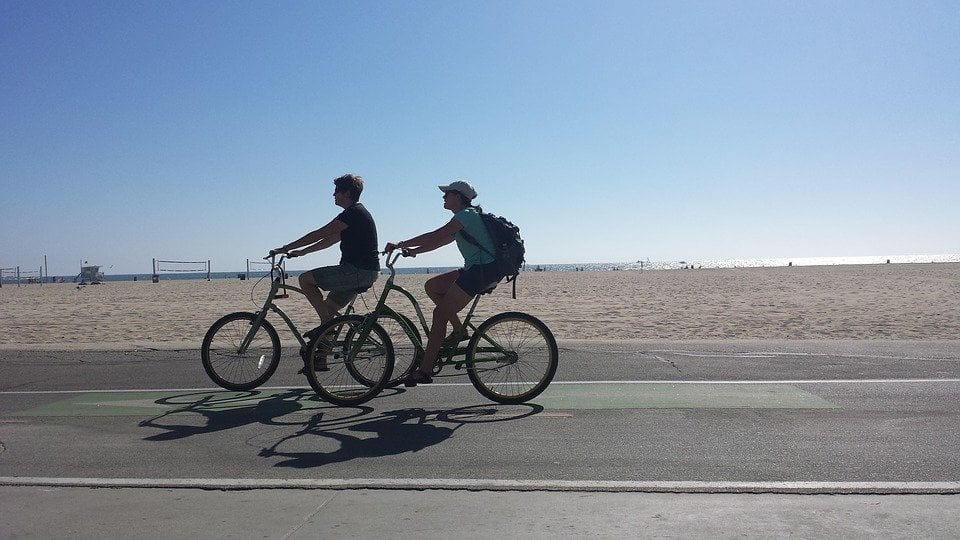
Recommended Video for you:
Procedural Memory
Any discussion about muscle memory would be incomplete—and quite frankly, hard to follow—without some basic knowledge of procedural memory. Our memory can be divided into 2 major classes – procedural and declarative. Declarative memory can be recalled consciously, and involves facts and events. Procedural memory, on the other hand, cannot be consciously recalled. It usually consists of skills, routines or actions that you may perform on a regular basis. For instance, think about riding a bike: it involves many different actions like maintaining balance, pushing the pedals, maintaining the position of the handle, etc. If asked to explain, you won’t be able to put all that into words, but you will still be able to ride the bike. This is because the act of riding a bike has become set in your procedural memory.
Procedural memory is a form of long-term memory. It takes time for an action or routine to become embedded in your long-term memory, but once it does, that act can be performed without consciously giving it much attention. Another example is learning to drive. Especially in a manual-driven car, or even an automatic one, when you first learn how to drive, it takes up all of your attention and focus. However, once you get the hang of it and with enough practice, you can multitask while driving, like having a conversation, singing along to your favorite song, etc.
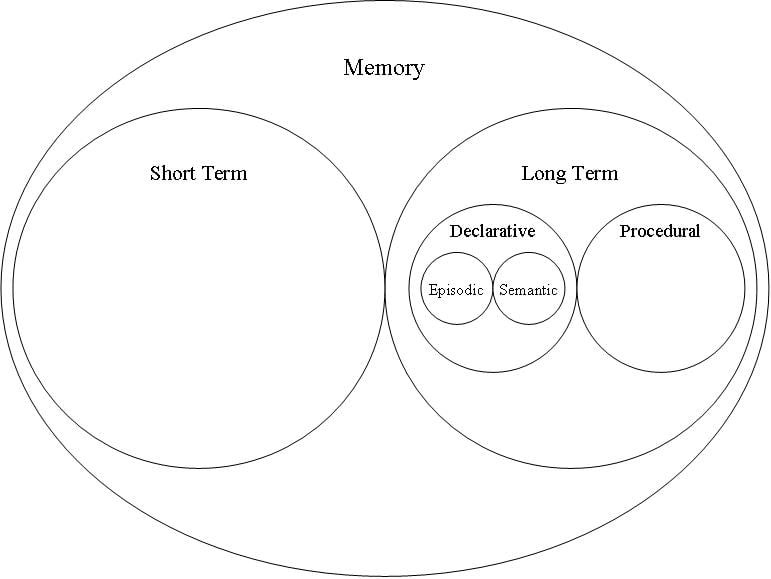
Muscle Memory
Muscle memory is a type of procedural memory. However, the name of this particular phenomenon is a bit of a misnomer. Although it includes the word ‘muscle’, the memory center actually lies in the brain, not in the muscles. When we repeat an action over and over again, it gets transferred from our short-term memory to our long-term storage. In the beginning, our brain is more actively working to perform the task, but as we practice or repeat it, over time, our brain needs to pay less attention to successfully perform that task.
Another way that some people express the concept of muscle memory is with the term ‘zombie agents’. Some researchers use this term to refer to agents in our brain that can carry out a particular task without us being aware of it, and without any application of judgement. For instance, imagine that you drive to your workplace every day. One evening, you need to go out for a social commitment and take your car, but something is on your mind, keeping you distracted. By the time you realize what you’ve done, you have started to drive your car on the usual route to work! Keep in mind that the muscle memory at play here is not just about remembering the route, but also the act of driving the car. You will honk when necessary, change lanes, speed up and slow down, but you still may not realize that you’re going to the wrong place. This example aptly shows just how efficient muscle memory can be.
This form of memory doesn’t only develop for tasks that we actively practice. Studies have shown that even by simply seeing the same task being performed, it can trigger the formation of muscle memory. Obviously, the longer you practice or repeat an action, the more firmly it can become embedded in your memory.

Benefits Of Muscle Memory
Needless to say, this feature of our memory system has some amazing benefits and applications. Muscle memory is employed by us in such seemingly common tasks that we may fail to even realize it. For instance, a person’s written signature quickly becomes a part of their muscle memory. This is helpful for people who experience amnesia as the result of any type of trauma. Procedural memory is stored in the deeper parts of the brain, which are less susceptible to damage. Therefore, most amnesiacs tend to retain their procedural memories.
Muscle memory is used while driving, walking, swimming, playing an instrument, etc. Walking requires a complex number of muscle movements and coordination between the sense organs, the brain and the muscles. It may not be possible for a person to even begin to explain how we can walk, but even when we’re preoccupied and thinking about a hundred other things, we don’t stumble through our steps.
Muscle memory is also a critical part of playing an instrument. When you start playing, the main focus is on learning the various notes and chords and transitioning between them. As a person practices, they can become more adept at that and will pay attention to the main tune of the song. Once this part has been mastered, a person may even be able to sing along while playing the instrument.
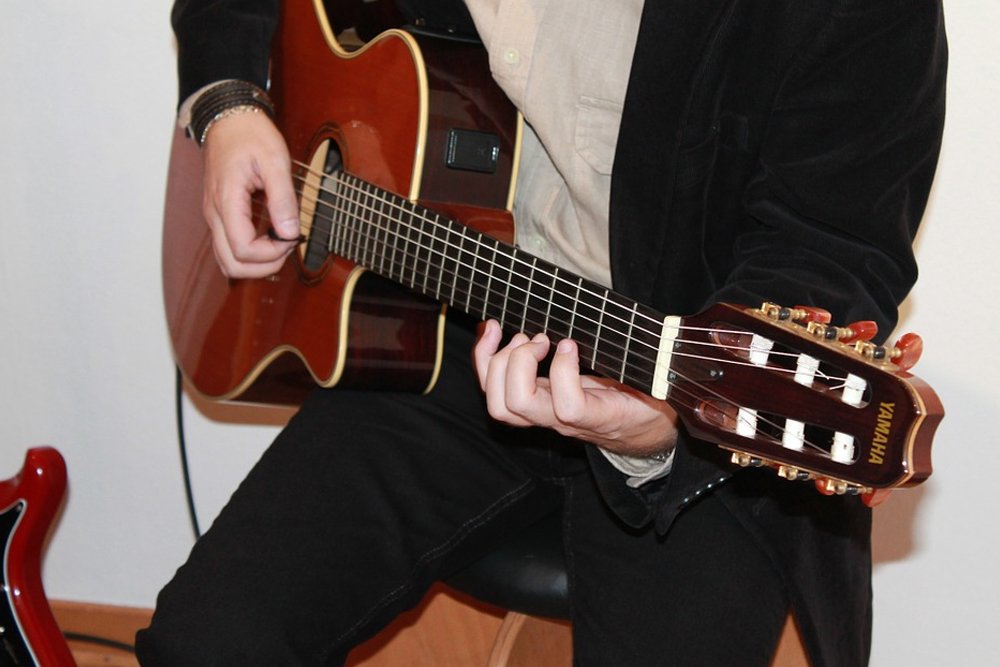
One research study measured the brain activity of a professional pianist and a new piano student playing the same piece of music. Results revealed that there was a much higher amount of brain activity in the learner, as compared to the professional pianist. This also proves that, once an action becomes a part of our muscle memory, we can spend less focus on it and invest our attention elsewhere.
Muscle memory starts to develop from a very young age, and the younger we start an action, the more firmly it is embedded in our brain. This is because our brain is more active at a young age, meaning that more neural connections can be established. As we can clearly see, this is an essential part of living, coming into play in countless moments when we don’t even realize it. Without muscle memory, multitasking would be impossible, and in today’s fast-paced world, we’d probably get left behind!


